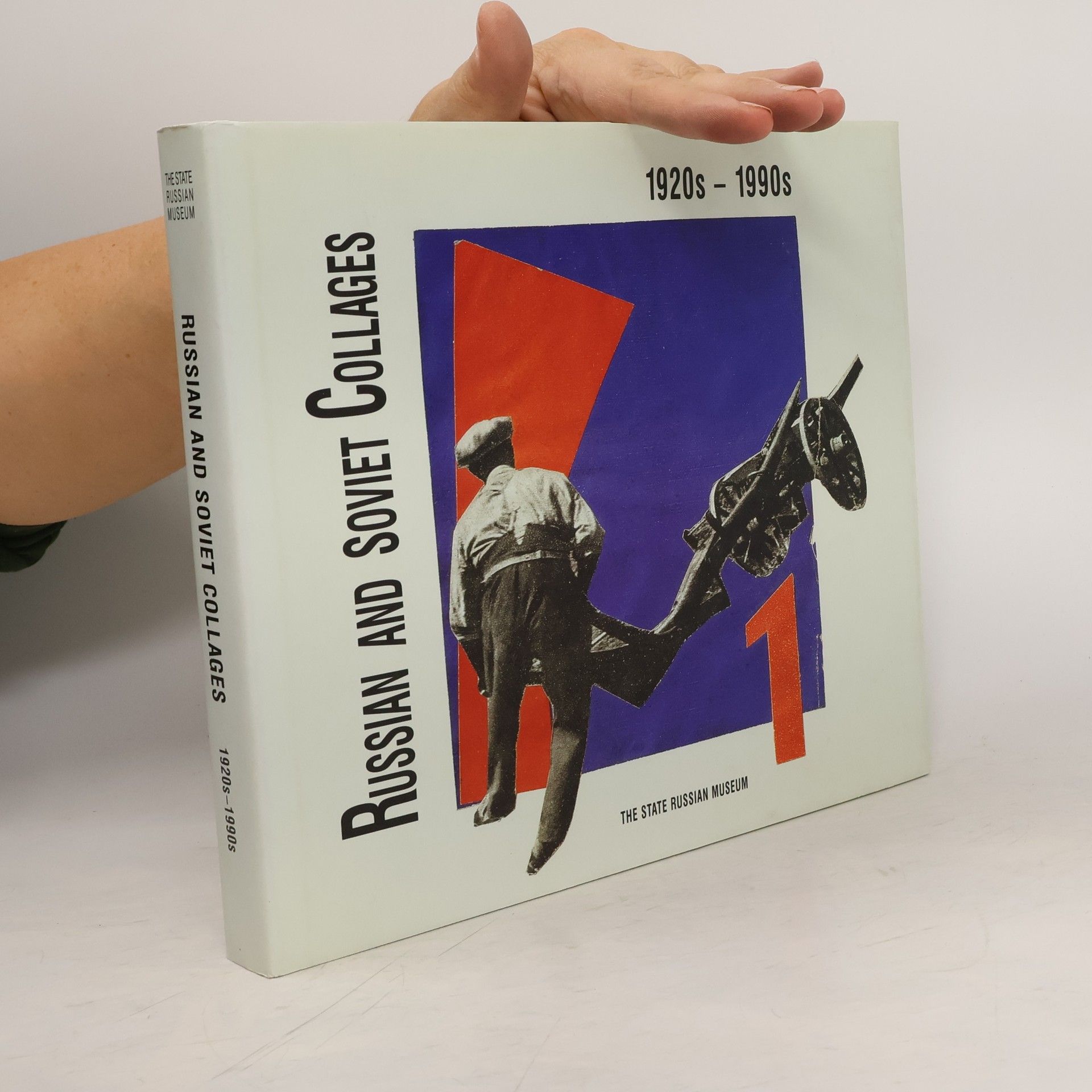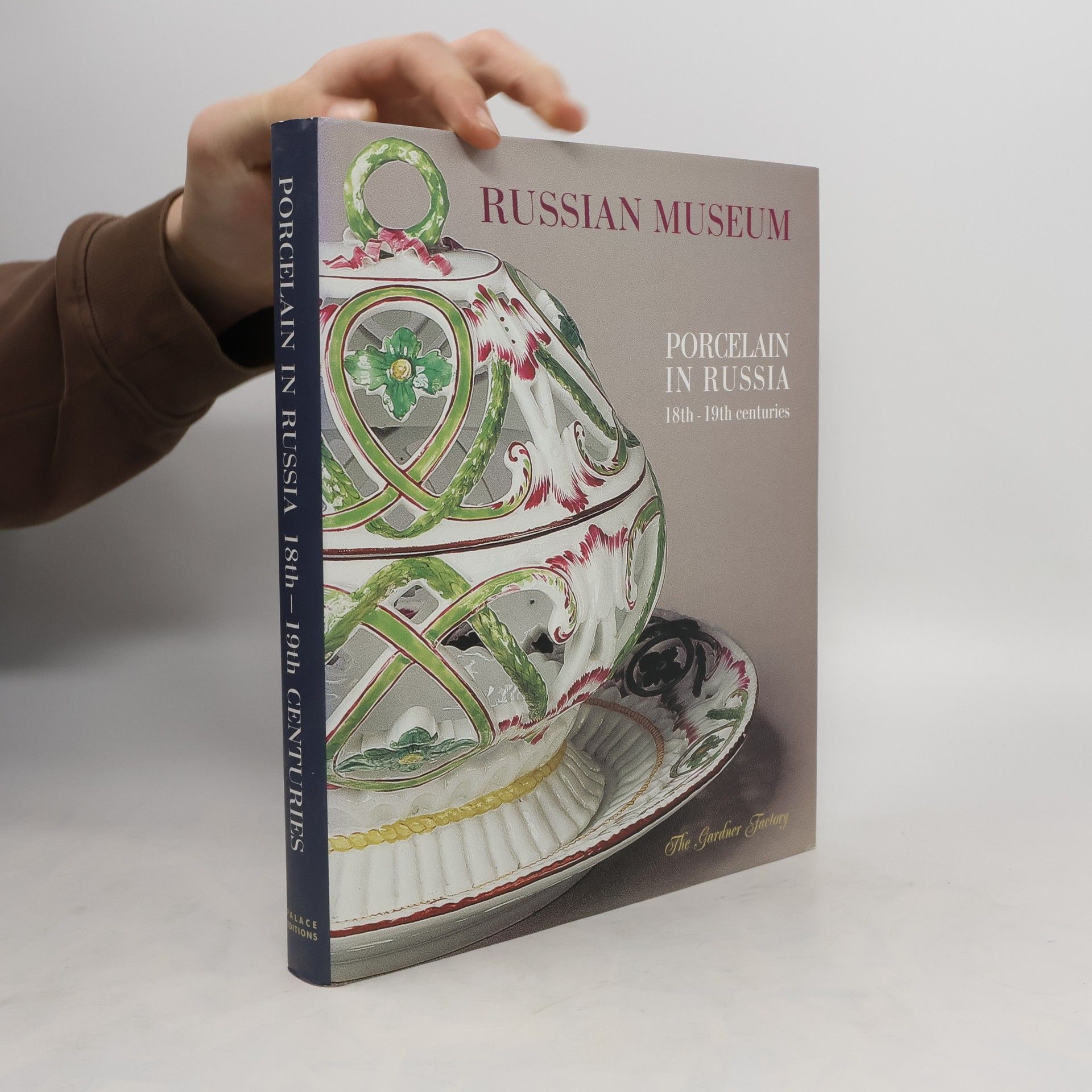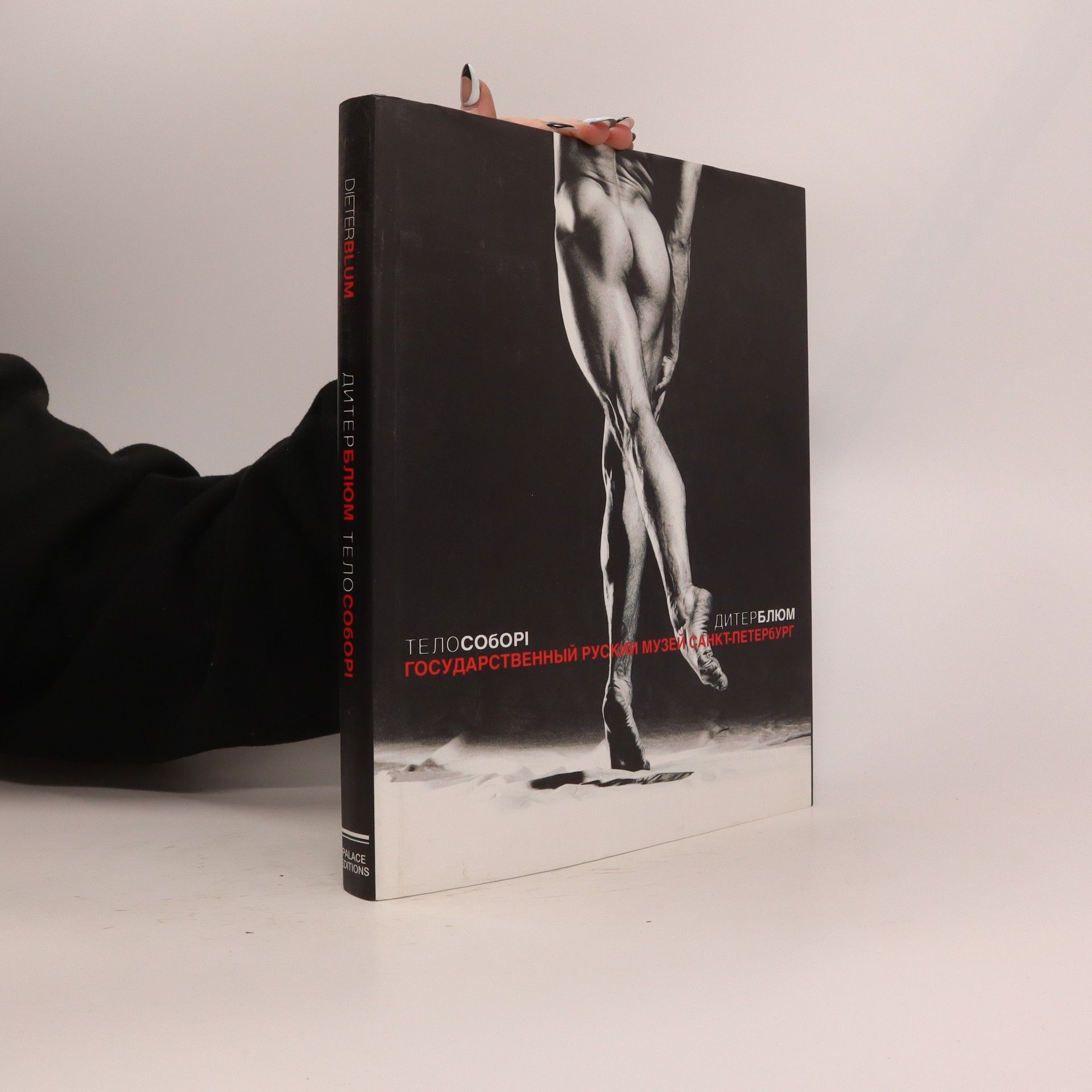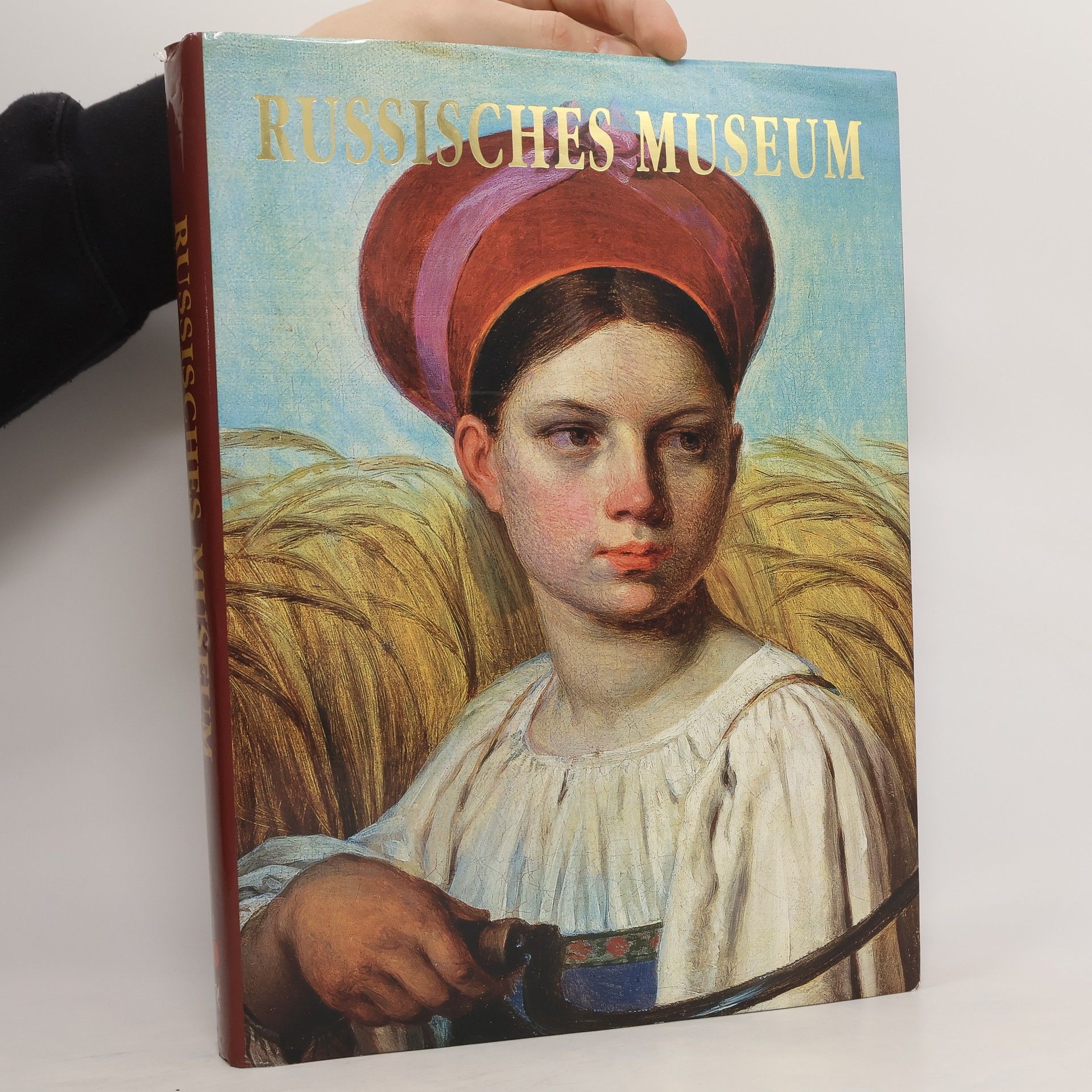The four Seasons
- 367 stránok
- 13 hodin čítania
Russian landscape painting is a unique phenomenon in the history of art. Its long oath from the eighteenth century to today is scattered with brilliant achievements and a dazzling array of names and works all reproduced in this publication. The art of the Russian landscapists offers an original reflection of the main stages in the history of European painting - Neoclassicism, Romanism, Realism, Impressionism, Symbolism and Postmodernism in the twentieth century. As in poetry and music, the four seasons became, in painting, a way of exploring the secret meaning of nature, which every person and artist has always dreamt of cognising.

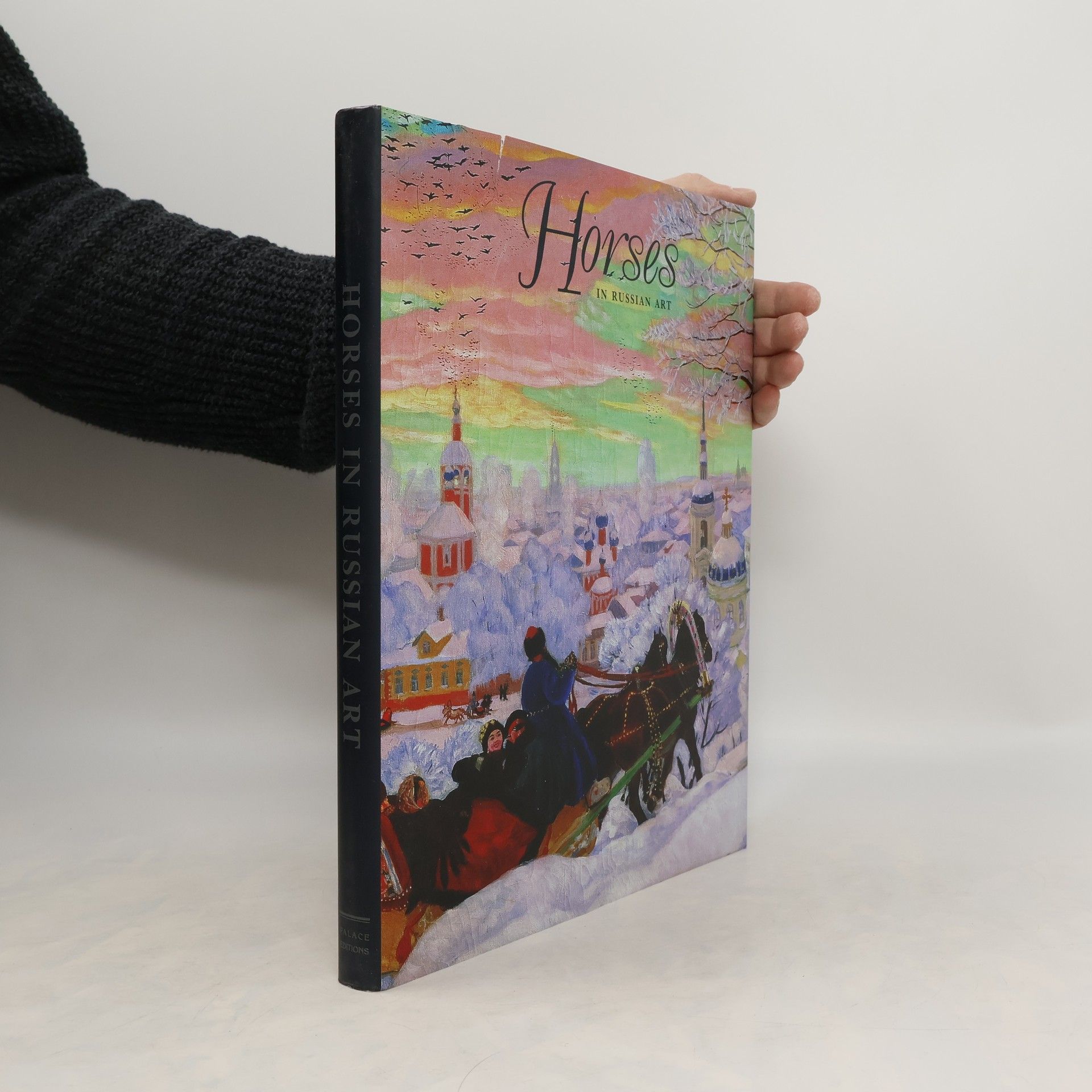
![Guidebook / The Russian Museum. [Ed.-in-chief Yevgenia Petrova. Text Vladimir Gusyev ; Yevgenia Petrova. Transl. from the Russ. Kenneth MacInnes]](https://rezised-images.knhbt.cz/1920x1920/35591690.jpg)
